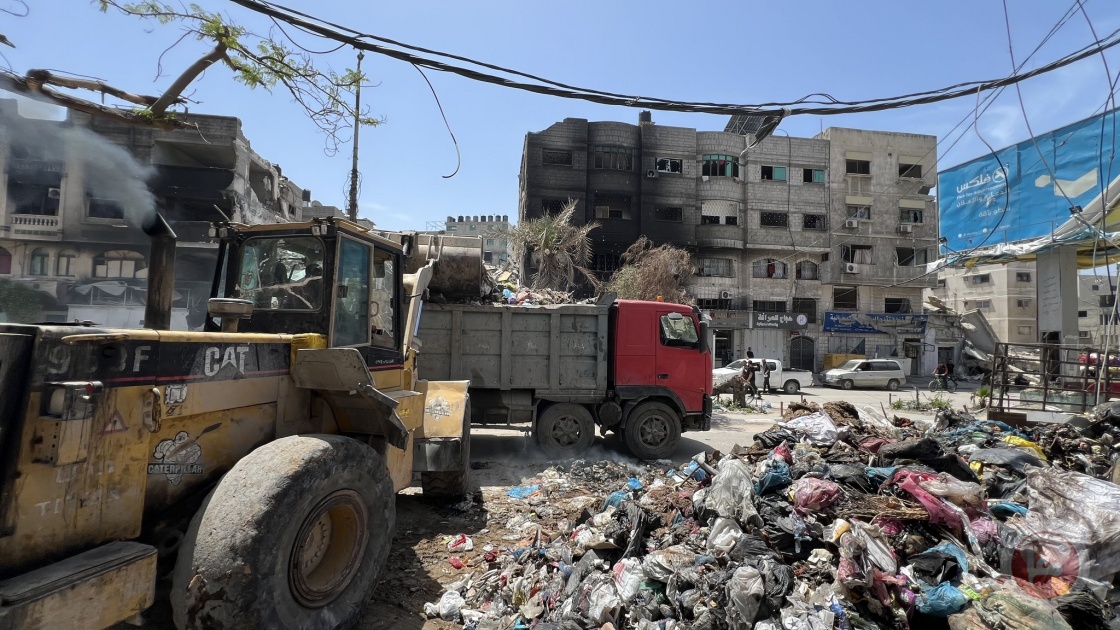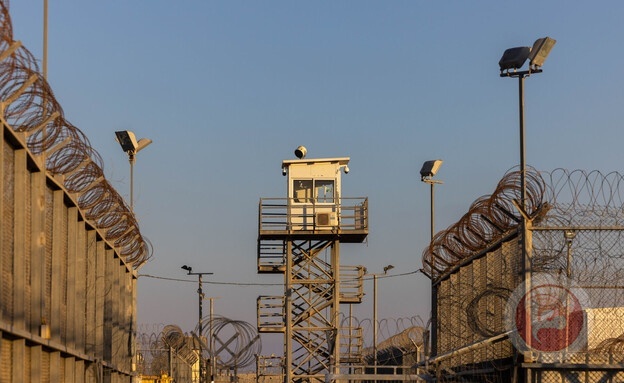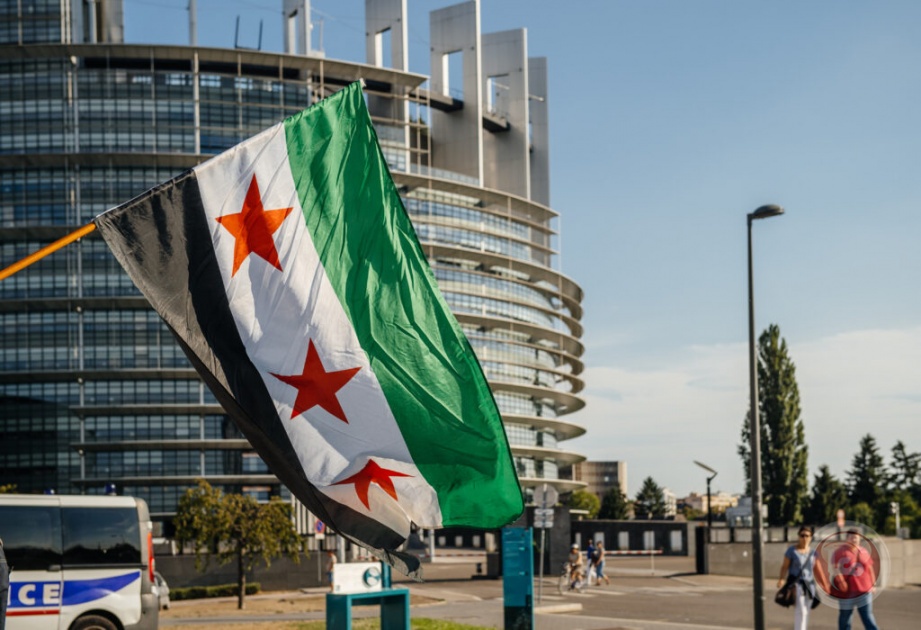
Publication date: 2024/12/24 (Last updated: 2024/12/24 23:02)
NEW YORK – The United Nations Office for the Coordination of Humanitarian Affairs (OCHA) has warned that attacks on hospitals in northern Gaza in recent days are having a devastating impact on civilians remaining in the besieged area.
The office expressed deep concern on Tuesday over reports that Israeli occupation forces attacked an Indonesian hospital in northern Gaza today and evacuated residents.
He added that in recent days, attacks have been reported in and around Al-Awda Hospital and Kamal Adwan Hospital, two other medical facilities that are still operating on a limited basis in northern Gaza.
The office said this comes at a time when Israel’s siege of parts of Beit Hanun, Beit Lahia and Jabalia in northern Gaza governorate continues for 79 consecutive days.
The United Nations and its partners are seeking daily access to the area to provide assistance to the thousands of people who remain there in dire conditions.
The office notes that, so far in December, the Israeli occupation authorities have rejected 48 out of 52 UN attempts to coordinate humanitarian access to besieged areas in the north. Although four humanitarian operations were initially approved, he said: , they encountered a roadblock.
OCHA reported that since the Israeli invasion of northern Gaza escalated on October 6, 2024, none of the UN-coordinated attempts to access the area have been adequately facilitated.
He noted that across the Gaza Strip, only 40% of requests for humanitarian operations requiring coordination with Israeli occupation authorities were fulfilled this month.
Meanwhile, at least 5,000 households live in areas east of Gaza City that were subject to a new evacuation order by Israel yesterday, Monday, according to new estimates by the United Nations and its partners.
In south-central Gaza, a new assessment conducted by partners working to alleviate hunger in Gaza found that in the first half of December, bread and pulses made up the majority of family meals for the third consecutive month, while other types of It turned out that there were a lot of vegetables. Most likely there is no food in it.
The report said 90% of households had even less access to food than in November due to lower availability and significantly higher prices.




